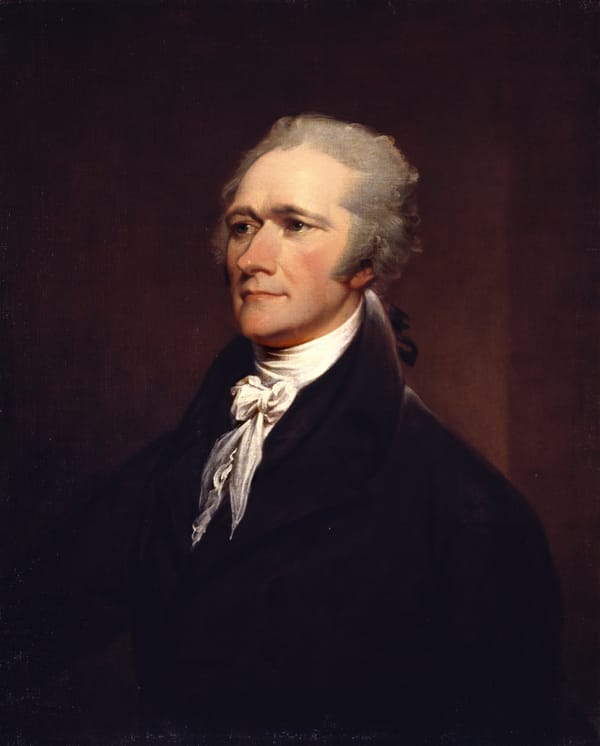What if the Constitution Were Fake?
There were reports yesterday that Joe Biden is preparing to endorse a significant package of Supreme Court reforms. As a result, I spent basically the whole day having discussions online (mostly on Bluesky) about those rumored reforms, and specifically whether or not they're constitutional. I will have more to say on that question on this very website later this week!
For now, though, just a passing thought. One very common response I got was people saying that the Constitution is fake. Often this was linked to the decision in Trump v. United States, which, as anyone who's been reading this site knows, I agree was extremely bad! Other times it seemed to be rooted in a more general vulgar legal realism, "laws are fake," etc.
And, look, there's plenty to say here. I have a lot of thoughts about legal realism, many of which will presumably make their way onto this site in due course. I even have a galaxy-brain "laws are made up, and that's Good" Take to share. But for right now, all I want to say is this.
People get very accustomed to thinking about the Constitution as the thing that imposes limits on the government. Seen in that light, "the Constitution is fake" means "you can do whatever you want." Maybe that comes with the proviso "as long as you get the Supreme Court on your side." A lot of what I encountered yesterday, though, was more of the flavor that, since the reasoning used in deciding cases about where the limits on government powers lie is often nonsensical, there is no reason why anyone should have a principled commitment to staying within the limits imposed by the Constitution. Those limits aren't "real" anyway, they're just the whims of the lawyer-clerics on the Court.
But... that's not the right way to think about the Constitution. The clue is right there in the name, though we are so familiar with it that it's easy to forget this: the Constitution is what gives the United States government and all its organs their existence in the first place. If "the Constitution is fake," then that means that Congress is fake. It means the presidency is fake. Joe Biden is nothing except what the Constitution makes him. If you think the Constitution isn't real, that doesn't mean "Congress can do whatever it wants," it means "Congress has no authority to act, period."
This, by the way, is the heart of the reasoning in Marbury v. Madison. Congress is nothing except what the Constitution makes of it, it can have no power except what was conferred upon it by the Constitution, and therefore when it purports to act in a way that is not authorized by the Constitution, it's just a bunch of dudes blowing hot air. It's not really different in principle from if my friends and I sit around and draft a "statute" and then go around saying "this is the law of the land now." No, it isn't! We don't have the authority to do that, and the dudes who are in Congress also don't have the authority to do that unless the Constitution gave it to them.
The thing about this logic is that it's right. It's inherent in the very notion of constitutional government, of seeing the government not as itself sovereign but as a mere agent of the sovereign People, exercising only a delegated authority on their behalf. Actions taken ultra vires really are properly viewed as null and void; courts really ought not give them effect. Judicial review remains Good, Actually.
Anyway. Just a passing thought.

